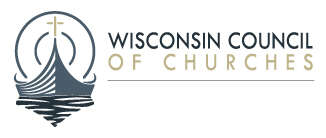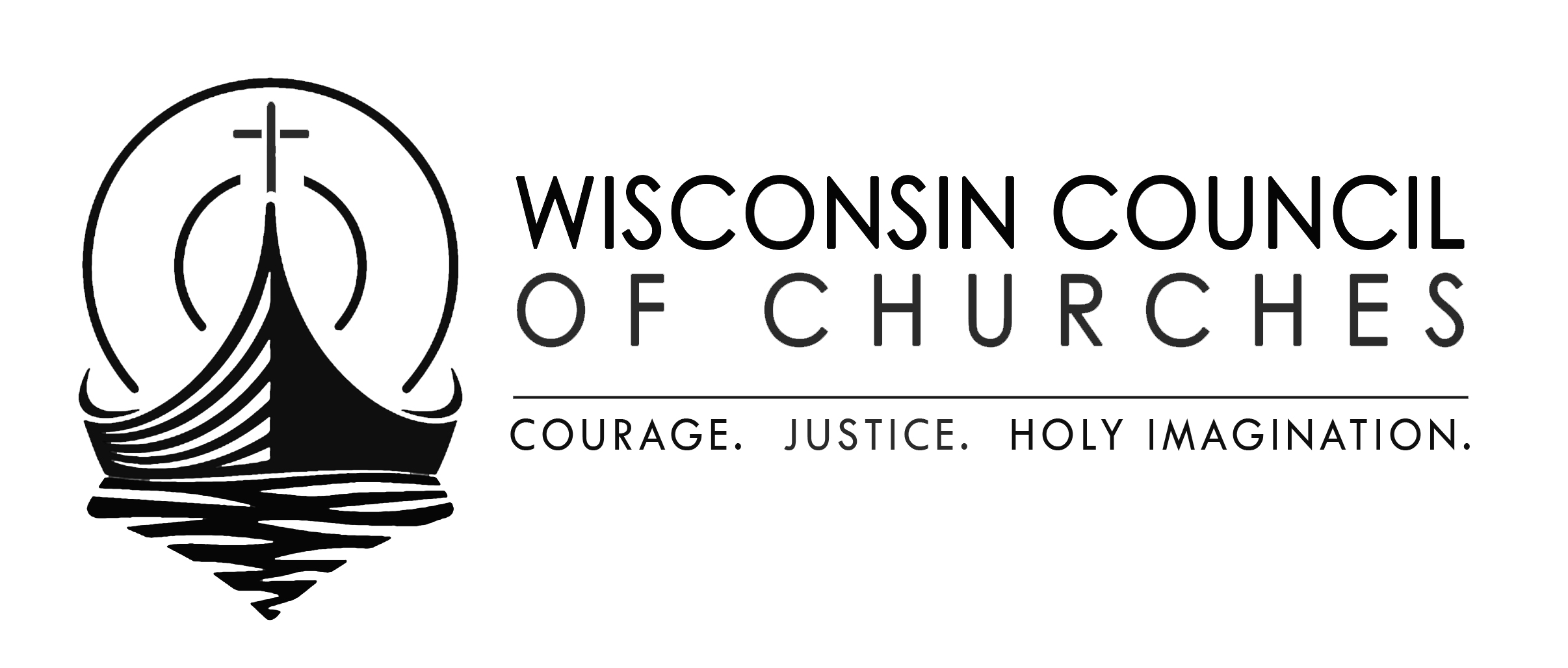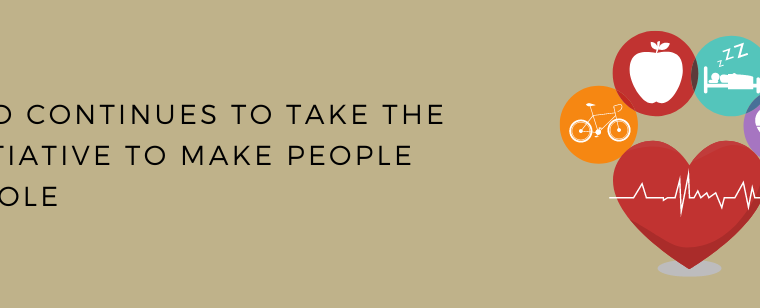May is Mental Health Awareness month
Yes, this relates to COVID
Let’s kick off this week with a couple of basically-related items, and one general announcement:
-
If you didn’t see my piece on suicide in this week’s WCC eNews, you might want to give it a read. It adds more detail on one aspect of the subject of mental health that I don’t have space to flesh out here. It’s worth reading, I promise.
-
This newsletter is too long newsletter as it is, and this might make it even too longer. I’ve added a new section at the bottom with assorted, general health-related items. I have a lot of information crossing my desk, as you might guess. A lot of it is worthy, but not quite enough for an entire newsletter column. Hence the list. You can also find much of the same information on the CHP Facebook page.
Now for what the headline said. Mental Health Awareness Month was established in 1949, and has been celebrated in May ever since. Some denominations observe Mental Health Sunday on the third Sunday of the month.
If you’re looking for ways to mark the month, or to get involved in mental health ministry, you’re in luck. There are a lot of resources out there. Mental Health America has a toolkit available in both English and Spanish, for example.
Meanwhile, the National Alliance on Mental Illness (NAMI)2 has an entire section of its website dedicated to faith and mental health. And little wonder, says NAMI’s CEO:
[C]hurches, temples, mosques and faith communities reach 70% of the American population each month. And in the U.S., clergy outnumber psychiatrists by nearly 10 to 1 and are more equitably distributed geographically than health professionals.
NAMI suggests that faith communities can help by doing their core business:
-
Encourage meditation
-
Practice togetherness, particularly in an inclusive and welcoming way
-
Encourage volunteerism or other forms of helping others, which promotes connection.
I’d add that simply talking about mental health or mental illness can be helpful. Some congregations explicitly welcome people with lived experience of mental illness. But even mentioning the subject from time to time can raise awareness and reduce stigma.
It can be particularly powerful for clergy or lay leaders to be open about their struggles. I’ve lived with bipolar disorder for most of my life, for example. I have shared the diagnosis with several congregations. Some people don’t get it, which is life. But others have told me it’s made them feel more accepted and acceptable. I’ve never regretted it.
In any case, there are some things you should not do to be helpful with mental health. Don’t tell people they should just pray about their issues, have more faith, or have a better attitude. Ignoring serious problems can actually be deadly. It’s also less-than-helpful to criticize.
One last thing to avoid: making mental health a one-off concern, or cause of the month. There are lots of easy ways to mark Mental Health Awareness Month. There are just as many to deepen your community’s involvement in mental health.
-
Read more on the subject, and how it relates to faith.
-
Some communities support faith-related mental health support groups. NAMI has descriptions of several such groups to help you get up and running.
-
Several denominations have mental health networks within them. WISE Congregations/Organizations, from my own United Church of Christ, has a helpful guide on starting a mental health ministry. There are also groups in The Episcopal Church and the Unitarian-Universalist Association. There’s even an interfaith group.
-
Consider getting your community trained in QPR. It’s a relatively straightforward program that teaches how to spot people who are struggling and help prevent suicide.
Any one of these is a great place to start. If you have other suggestions, let me know, and I will pass them along.
Mental health is more important than ever these days. I’m sure you can guess why: COVID makes everything worse. The pandemic sparked emotional problems, of course. But COVID infections can also cause trouble in the brain. That includes brain fog, anxiety and depression, psychosis, seizures and suicidal behavior.
To make things that much more difficult, these effects aren’t equally distributed. The same things that make people more vulnerable to other diseases make them more vulnerable to COVID-related mental health issues.
As COVID settles into a fact of life, we’re likely to face more such problems in coming years. Wise churches (and not just WISE churches) would do well to be prepared for it.
1Dr. Murthy absolutely did not listen to me.
2Full disclosure: I serve on the board of my local NAMI chapter and the statewide NAMI Public Policy and Advocacy committee. I did not have anything to do with developing these guidelines, however.
2Full disclosure: I serve on the board of my local NAMI chapter and the statewide NAMI Public Policy and Advocacy committee. I did not have anything to do with developing these guidelines, however.
The Links
- Check out No Menthol Sunday WI, aimed at pushing back against menthol cigarettes targeted at African-American communities.
- The Alzheimer’s Association of Wisconsin would really like to build connections to congregations in the state. They have a program coordinator who would be happy to come out to speak or even preach at your church. Follow the link if you’re interested, or let me know and I can make connections.



